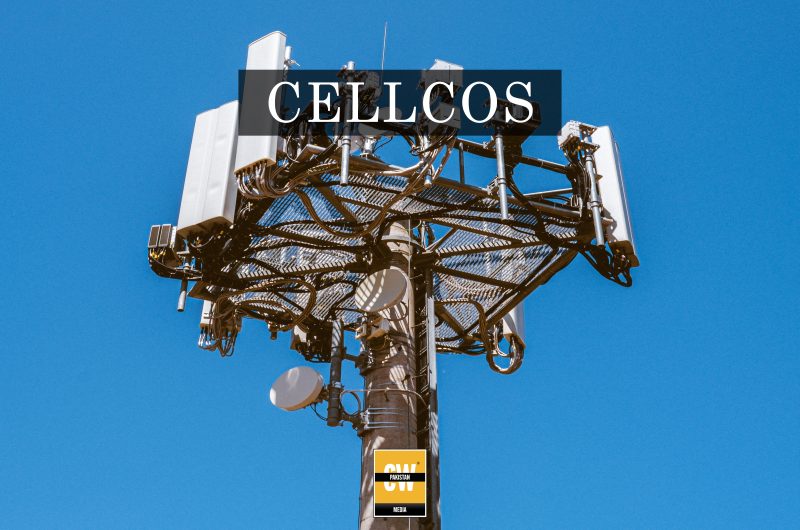The proposed merger between Pakistan Telecommunication Company Limited (PTCL) and Telenor Pakistan has encountered fresh hurdles after the Competition Commission of Pakistan (CCP) raised concerns over transparency, financial capability, and business conduct. The development has further delayed the conclusion of a deal that is being closely watched by the telecom sector.
According to sources familiar with the matter, the CCP has identified gaps in PTCL’s submission of documents related to the transaction. The commission has specifically asked PTCL to provide detailed clarifications on its investment strategy following the merger, particularly in light of the company’s recent financial challenges.
A key question raised by the CCP concerns whether Etisalat, the UAE-based parent company of PTCL and Ufone, will provide fresh equity to offset existing losses and support capital expenditure. The commission has sought assurances about how PTCL intends to fund future requirements, including possible participation in the upcoming 5G spectrum auction.
In its communication to PTCL, the CCP highlighted that both PTCL and Ufone are currently operating at a loss. It pressed the company to explain how the merger would achieve profitability and whether financing would come through bank loans or direct equity injection. The regulator has asked PTCL to commit to binding investment obligations outlined in its previously submitted business plan, along with clear disclosure of funding sources for the planned capital outlays.
Concerns have also been raised about PTCL’s conduct in specific business segments. The CCP pointed to a lack of transparency in data related to international direct dialling (IDD) services. It has requested detailed information on IDD volumes, pricing structures, and billing practices between PTCL and Ufone for the period covering 2022 to 2024. Comparisons with other leading telecom operators, including Jazz, Zong, and Telenor, have also been requested to assess the company’s competitive positioning.
The regulator’s review of PTCL’s financial disclosures has further intensified scrutiny. Discrepancies were noted in revenue categories labeled “Other Core Products” and “Other Retail/Wholesale,” which showed significant earnings without corresponding data on volumes or pricing. The CCP also pointed to missing information regarding party transactions, transfer pricing, and access agreements, stressing that these details are necessary to evaluate the financial health of the merged entity.
According to the CCP, many of PTCL’s responses to its inquiries were incomplete or vague, with the company often providing generalized statements rather than precise data. In its correspondence, the regulator noted that PTCL had again failed to provide exact information where requested, which has added to concerns about the company’s transparency and preparedness for the merger.
The CCP’s reservations go beyond financial matters. They touch on broader questions about corporate governance and market competitiveness. Without concrete commitments and clear data, the regulator has indicated that it cannot assess whether the merger would serve the public interest or risk undermining competition in Pakistan’s telecom sector.
The delay represents a significant setback for the telecom industry, which has been anticipating the merger as part of a broader consolidation trend. Analysts note that while combining PTCL and Telenor Pakistan could create synergies and efficiencies, regulatory scrutiny highlights the importance of financial stability and transparent operations in transactions of this scale.
As the process moves forward, PTCL will be expected to provide more comprehensive disclosures to address the CCP’s concerns. Until then, uncertainty surrounds the timeline of the deal and its potential implications for Pakistan’s telecom landscape.
Follow the SPIN IDG WhatsApp Channel for updates across the Smart Pakistan Insights Network covering all of Pakistan’s technology ecosystem.









